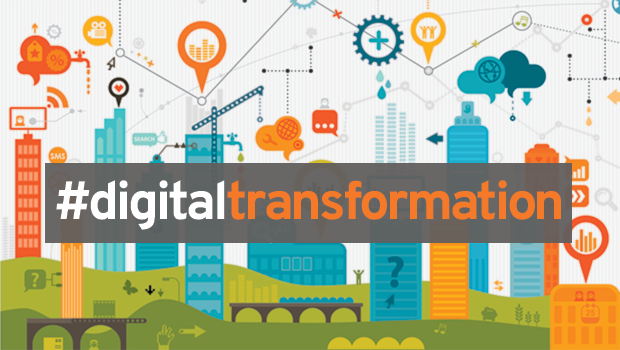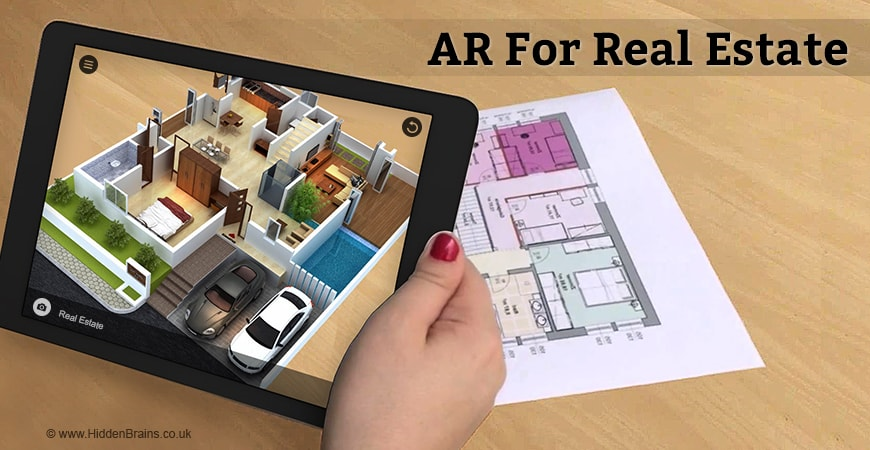Now digitization, is part of most businesses and ensures companies benefit from integrating technologies and transforming their core processes and systems, while getting an edge up over the competition
“For example, if I make money, I put it in real estate. I always did very well. Location, location, location.” – Ivana Trump
Real estate has always been one of the preferred methods of investments as the returns would be just as fruitful. Just like other businesses, the real estate markets also face their ups and downs depending on the prevailing economic conditions. In 2018, the Canadian real estate market did take a hit with a drop of almost 5% in prices.
Source: https://www.cbc.ca/news/business/crea-housing-prices-canada-real-estate-1.4978545
- Construction
- Property management
- Marketing
- Sales
- Environment
The future of real estate is aligned with technology trends like blockchain transactions, predictive analysis and virtual reality which help the industry leaders navigate this uncertain market.
The disruptive trends and changes brought about by technological innovations are dimmed by the benefits to a company as it helps meet the ever growing customer expectations. Most companies have realised that business models need to evolve and digital strategies need to be incorporated at every level.
Implementing the Change
Digital transformation, in this century, has been a game changer ever since its inception. It has changed how people live, behave and their outlook towards things including expectations as a consumer. This industry still has a long way to go to catch up with this age, however it is well on its way.
“Location, location, location” – This old adage started being used in the 1920’s with regards to real estate. While it is still an important aspect, it is not equally important to innovate and provide additional relevant information to the customers.
Let us have a look at a few factors which help accelerate digital transformation in the real estate industry:
Real Estate and the Internet of Things
The Internet of Things have started playing an important role in real estate as the connected equipment and devices can be used to make predictions and create models for new buildings. Big data analysis ensures accurate planning with minimal fall out and also helps maximise profits.
Informed decisions ensure accurate forecasts and management processes get smoother in the bargain. Integration of devices and censors also helps giving a frictionless, seamless and hassle-free experience to the customers. Smart spaces or home automation also allows environments to be controlled remotely.
These devices also help collect data which can track patterns and make recommendations for maintenance and security checks as required. Behavioural analysis also helps designers create and plan as per the buyer’s psychology.
Smart Meters
Smart meters are devices which help regulate data used for saving energy and finally the reduced operating costs which are beneficial in the real estate ecosystem. For example, motion detectors which regulate the heat or air conditioner settings in the house when a person enters or leaves. Owners, buyers and service providers benefit from this energy management and optimization of technology.
Direct Market Access
Today all buyers do a thorough research online before making any decisions on what and where to purchase things. Real estate is no different. Research begins online whether they are buying, selling or renting. Here buyers and sellers can even make direct contact with each other.
The competitive nature of this market has not changed and now it is up to the digital teams to create ways of attracting people with the right first impression. For example, websites and apps go a long way when they are user-friendly, provide all the relevant information and provide deals.
BIM manages the lifecycle of a building with the help of technology. It also covers the entire project from designing to optimization. For example, using a 3D representation of a building to know location of equipment and how best to make use of the space.
This collaboration between digital software and construction agencies helps from the operations to maintenance and even ensures the smooth running of a property. It is a great way for companies to ensure the project is budget friendly, saves energy and provides an enjoyable experience to the customer.
Virtual Reality and Augmented Reality
Apart from Big Data, the visual component of real estate just got bigger and better. Marketing can now use unique methods like virtual and augmented reality to help customers experience properties without physically being there. For example, drone technology can be used to allow customers to view complexes and properties from the comfort of their own home
3D renderings of walk-throughs help give a better understanding of the space and what can be expected. Designs projections are given life with these technologies, helping buyers see the end result. In this way the customer doesn’t only see a concept but what the final product would be.
There is a level of uncertainty in the market and the story of Canadian real estate keeps shifting economic fortunes and changing trends. One of the main trends is about navigating uncertainty and as technological changes transform how people live, the real estate sector is facing pressure to respond to new ideology and demands.
Understanding a customer’s shifting needs, helps gain insight and create strategies accordingly as their expectations have a drastic effect on how real estate needs to be planned and developed. Accelerating digital transformation, being more innovative in marketing and the approach to changing business strategy and models and finally embracing the shifting environment to grow with confidence is one of the only ways for the industry to meet the more sophisticated customer demands.
Source: https://www.pwc.com/ca/en/industries/real-estate/emerging-trends-in-real-estate-2019.html
To sum up, we know that the new technologies bring opportunities as well as challenges with them. We are still only experiencing the beginning of a large scale digital transformation and these digital changes are not only changing how buyers look at real estate but the entire sale and leasing process is evolving.
Contribution of technology is now a game changer for any business and its model where the benefits outnumber the setbacks. The transformation could be slow, but cannot be escaped and if you would like to discuss it further, you can contact our App Scoop mobile app developers Vancouver development team on https://app-scoop.com/contact-us.html.







